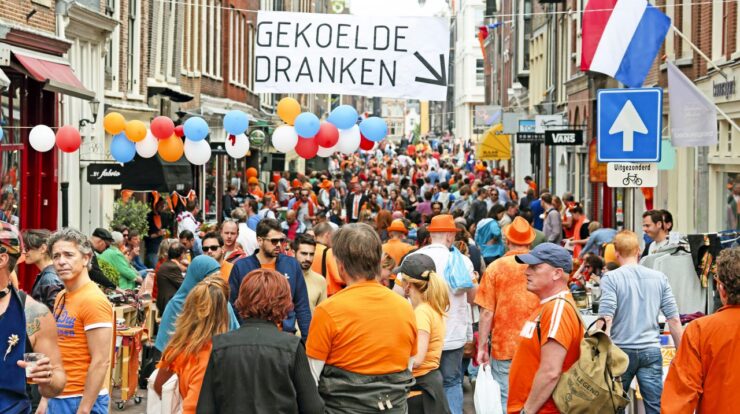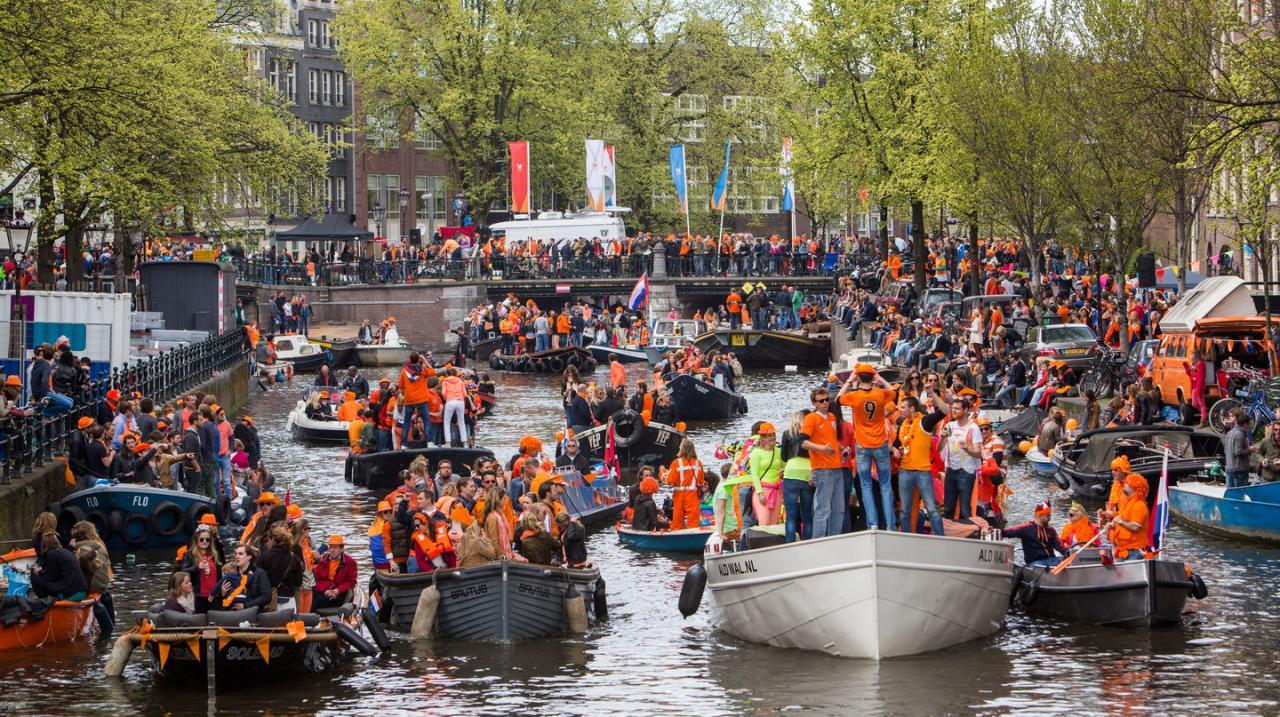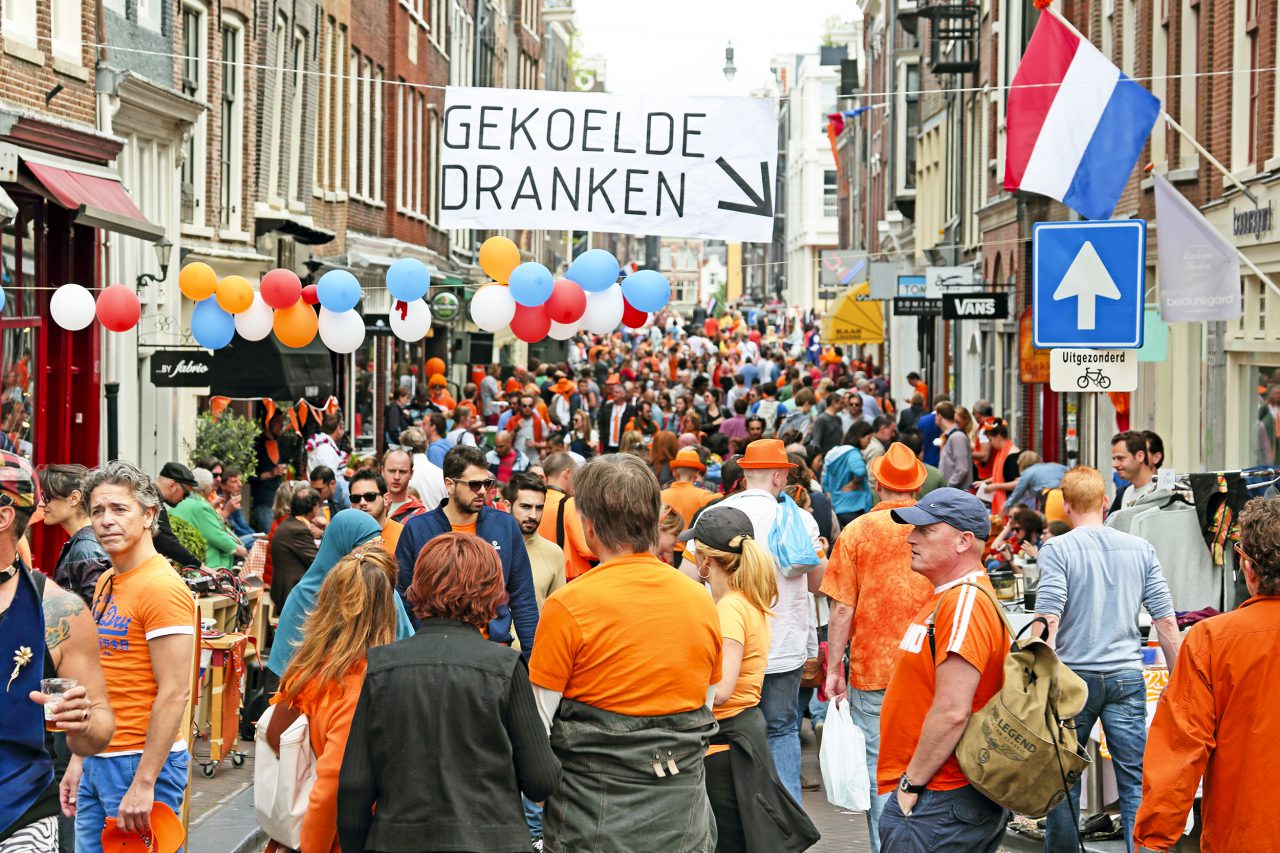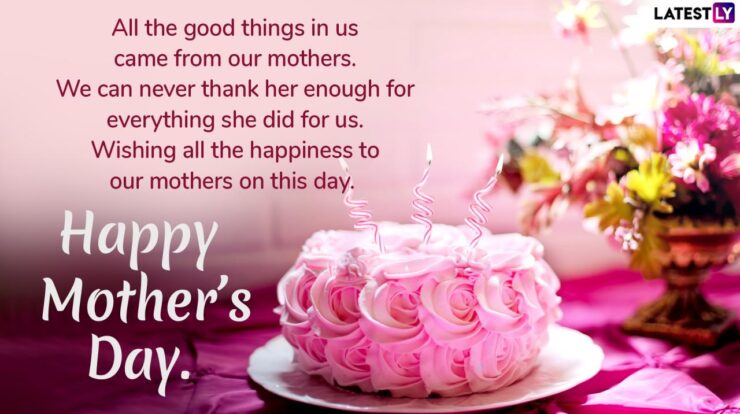
Kingsday Netherlands, an annual celebration that captivates the nation, offers a vibrant tapestry of festivities, traditions, and cultural significance. This day, dedicated to King Willem-Alexander’s birthday, transforms the Netherlands into a sea of orange, symbolizing unity, joy, and the enduring spirit of the Dutch people.
Rooted in history and embraced by generations, Kingsday is a testament to the Netherlands’ rich heritage and its unwavering commitment to preserving its cultural identity. From the bustling streets of Amsterdam to the picturesque canals of The Hague, the country comes alive with a kaleidoscope of events that celebrate the monarchy, foster national pride, and create lasting memories.
Kingsday in the Netherlands

Kingsday is a national holiday celebrated annually in the Netherlands on April 27th, the birthday of King Willem-Alexander. It is a day of great festivity and celebration, marked by vibrant street parties, orange-clad revelers, and a palpable sense of national unity.
The origins of Kingsday can be traced back to the 19th century, when it was known as Queen’s Day in honor of Queen Wilhelmina. Over the years, the holiday has evolved into a celebration of the Dutch monarchy as a whole, symbolizing national pride and unity.
Traditions and Customs
Kingsday is celebrated with a variety of traditions and customs. The most iconic tradition is the vrijmarkt, or free market, where people set up stalls to sell their used goods or handmade crafts. Other popular activities include music performances, parades, and games.
Orange is the predominant color associated with Kingsday. It is the color of the Dutch royal family and is seen as a symbol of national unity and pride. During the celebration, people wear orange clothing, decorate their homes and streets with orange flags and bunting, and enjoy orange-flavored treats.
Significance of Orange
The color orange has a deep-rooted significance in Dutch history and culture. It is believed to have originated from the coat of arms of William the Silent, the leader of the Dutch revolt against Spanish rule in the 16th century.
Orange became a symbol of the Dutch struggle for independence and has since been associated with the Dutch royal family.
Today, orange is a ubiquitous presence during Kingsday celebrations. It is used in decorations, clothing, food, and even hair dye. It is a vibrant and festive color that embodies the joy and camaraderie of the day.
Impact on Dutch Culture
Kingsday plays a significant role in Dutch culture, fostering national unity and pride. It is a day when people from all walks of life come together to celebrate their country and their shared heritage.
The holiday also has a positive economic impact. It attracts large numbers of tourists to the Netherlands and generates revenue for businesses, particularly in the hospitality and retail sectors.
Furthermore, Kingsday contributes to the preservation and promotion of Dutch traditions. The vrijmarkt, for example, is a centuries-old tradition that provides a glimpse into Dutch history and culture.
Festivities in Major Dutch Cities
Kingsday is celebrated throughout the Netherlands, but the largest and most popular festivities take place in major cities such as Amsterdam, Rotterdam, and The Hague.
| City | Main Festivities | Unique Local Customs |
|---|---|---|
| Amsterdam | Dam Square concert, boat parade on the canals, vrijmarkt in Jordaan | People dress up in elaborate orange costumes and wigs |
| Rotterdam | Kingsday festival on the Erasmus Bridge, vrijmarkt in the city center | The city is known for its large-scale orange-themed parties |
| The Hague | Royal family’s balcony appearance at Noordeinde Palace, vrijmarkt in the city center | The city hosts a special parade featuring members of the royal family |
Sustainability in Kingsday Celebrations
In recent years, there has been a growing emphasis on sustainability during Kingsday celebrations. Organizers and participants are making efforts to reduce waste and environmental impact.
Some initiatives include encouraging the use of reusable cups and plates, providing recycling bins for waste, and promoting the use of public transportation to reduce traffic congestion.
By embracing sustainable practices, Kingsday organizers are ensuring that the holiday can continue to be enjoyed by future generations while minimizing its environmental footprint.
Kingsday as a Marketing Opportunity, Kingsday netherlands
Kingsday presents a unique opportunity for businesses to engage with customers and promote their products or services.
Some effective marketing strategies include creating orange-themed promotions, offering discounts or giveaways, and hosting special events or activities related to the holiday.
By aligning their products and services with the festive atmosphere of Kingsday, businesses can tap into the enthusiasm and camaraderie of the day and build stronger connections with their target audience.
Final Conclusion

Kingsday Netherlands stands as a beacon of Dutch culture, a testament to the nation’s unwavering spirit and its ability to unite under a shared sense of joy and celebration. The vibrant festivities, the sea of orange, and the shared experiences create a tapestry of memories that bind the Dutch people together, fostering a sense of national pride and belonging.
As the sun sets on Kingsday, the Netherlands emerges with a renewed sense of unity and a profound appreciation for its traditions. The echoes of laughter, music, and the vibrant colors of orange linger in the air, serving as a reminder of the enduring spirit of this beloved celebration.
Key Questions Answered: Kingsday Netherlands
When is Kingsday celebrated?
Kingsday is celebrated on April 27th, the birthday of King Willem-Alexander.
Why is the color orange so significant during Kingsday?
Orange is the color of the Dutch royal family, the House of Orange-Nassau.
What are some of the traditional activities associated with Kingsday?
Traditional activities include flea markets, street parties, music festivals, and the wearing of orange clothing.





